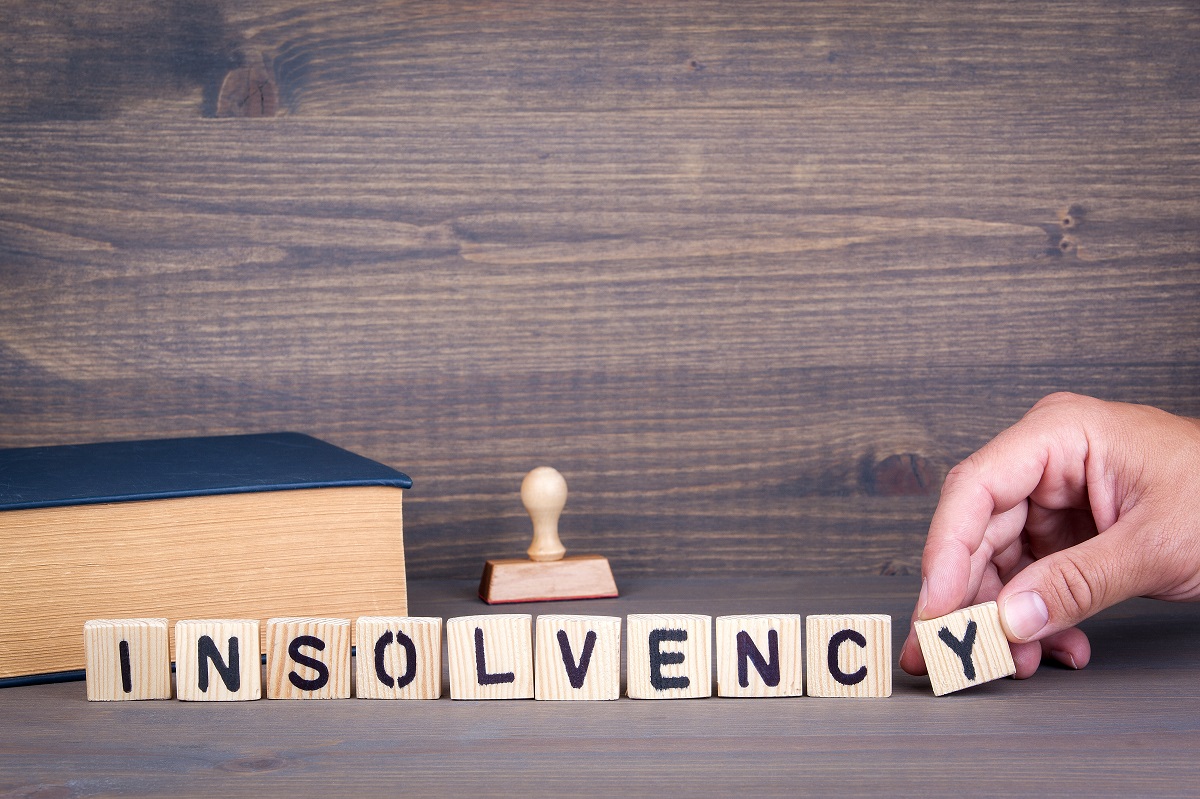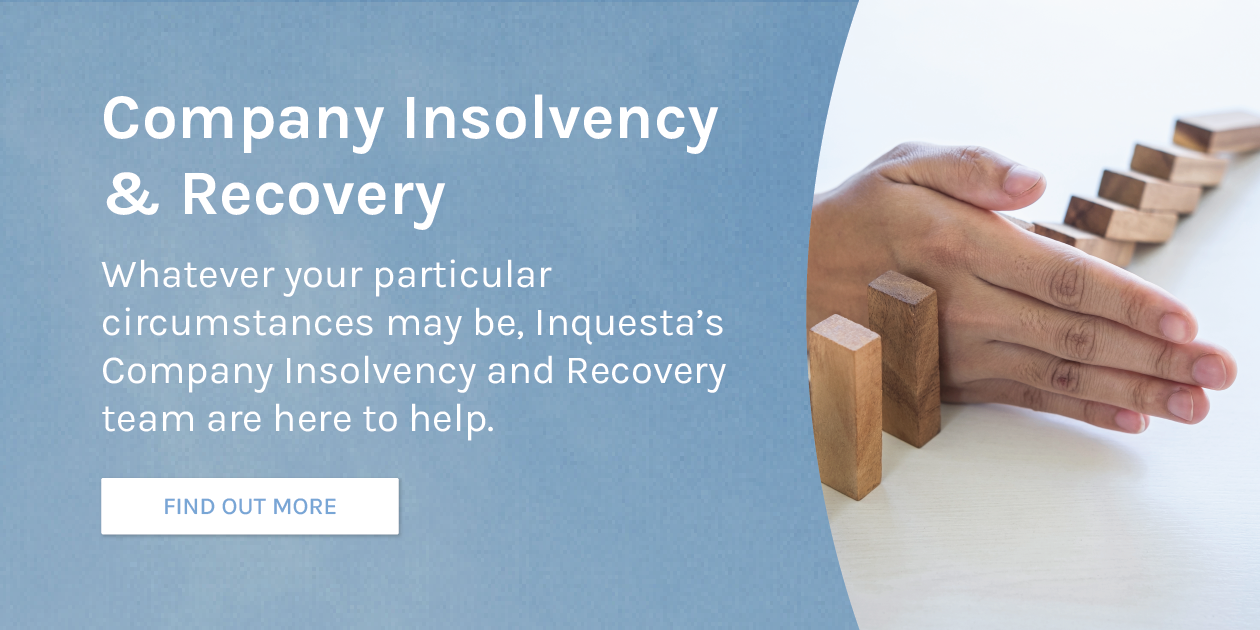The Best Strategy To Use For Insolvency Practitioner
Wiki Article
The 5-Minute Rule for Insolvency Practitioner
Table of Contents6 Easy Facts About Insolvency Practitioner ExplainedSee This Report about Insolvency PractitionerThe 9-Minute Rule for Insolvency PractitionerThe Of Insolvency PractitionerWhat Does Insolvency Practitioner Mean?
Whether or not you need to utilize a bankruptcy expert (IP) to liquidate your business depends upon different factors. While involving a bankruptcy expert for all kinds of liquidation is not a legal requirement, doing so can usually streamline the process and make sure conformity with legal needs. Liquidating a company is an important choice that includes substantial effects.
It is a procedure used when a company does not have any kind of lenders, or all of their financial institutions can be paid off completely with statutory interest. Comprehending the various sorts of insolvency processes can help you identify the very best strategy for your business's liquidation or other official bankruptcy procedures itself.
This is required in order to abide by legal needs - Insolvency Practitioner. This is due to the fact that IPs have the essential credentials and experience to make sure that the liquidation process is performed based on all relevant regulations and laws. By engaging a certified insolvency professional, you can have satisfaction recognizing that your firm's liquidation process will certainly be dealt with professionally and in conformity with the appropriate lawful needs
Get This Report about Insolvency Practitioner
The insolvency professional is selected as a liquidator and is accountable for taking care of the company and liquidator's financial obligations outstanding liabilities and properties. This process involves offering off the firm's possessions and dispersing the proceeds to creditors. Upon conclusion of the procedure, the firm is eliminated from the register at Companies House.Failing to do so can lead to personal obligation for the firm or supervisor for the financial institution's debts. Voluntary liquidation, which includes Lenders' Voluntary Liquidation (CVL) and Members' Voluntary Liquidation (MVL), is started by the firm's supervisors and shareholders when they can no longer pay their debts. In a CVL, the bankruptcy practitioner is designated as the liquidator, in charge of taking care of firm financial debts and all business possessions.

The Buzz on Insolvency Practitioner
By examining the knowledge and experience of potential insolvency professionals, you can guarantee that you select a specialist who possesses the essential qualifications to handle your business's liquidation process successfully. While insolvency practitioner-led liquidation is frequently one of the most proper training course of action for firms dealing with insolvency, there are different techniques to consider, such as striking off and partial liquidation.It's necessary to evaluate go to this web-site all offered options before picking the next best service or course of action for your service. Striking off companies' registers is a much more straightforward and cost-effective means to close dormant or small business with no financial obligations or possessions. To strike off a company, its name is eliminated from the Firms Residence register by submitting form DS01.
Before choosing striking off, it's vital to weigh the advantages and downsides of this technique and take into consideration whether it's the best selection for your organization. Partial liquidation is one more choice to bankruptcy practitioner-led liquidation, where a firm liquidates specific properties and liabilities while remaining to run with the staying possessions and liabilities.
An Insolvency Expert will certainly be able to encourage you of the most effective course of action to take and make certain that everything runs smoothly. Sadly, it is not feasible to sell off a company without a liquidator. Selecting an authorized bankruptcy specialist is required for the process of volunteer liquidation to start.
The Greatest Guide To Insolvency Practitioner
It is feasible to shut and liquidate your business without using a liquidator, given your company is solvent and you meet the qualification demands to liquify or liquidate it. Nevertheless, if your company is insolvent, you might be required to utilize a liquidator and start formal bankruptcy treatments. Below are some other useful articles pertaining to company liquidation in the UK:.Remaining in a placement where you're unable to pay your company's creditors is extremely stressful. In an effort to prevent enhancing the degree of financial debt, lots of companies try to bargain directly with their creditors and accept an informal setup. If the financial debt is fairly little and owed to one creditor, and the lender is being participating, participating in an informal financial debt setup is probably the most effective service, as opposed to searching the web for 'a bankruptcy professional near me'.
On the various other hand, if there are multiple financial institutions and the level of financial debt is huge, creditors may not be so ready or participating. In order to avoid liquidation or bankruptcy, it is much better to work with an insolvency expert to attract up formal proposals and negotiate with financial institutions in your place.
A Biased View of Insolvency Practitioner
Whilst it is a means to manage financial debt, there are substantial threats entailed with this kind of financial debt plan - Insolvency Practitioner. If a creditor wants to become part of a casual arrangement (IA) whereby the debtor has actually concurred to make routine, if lower, payments to repay the debt, it is essential to stick to the contract
For that reason, the financial institution is within their civil liberties to back out of the agreement and petition the courts for your company to be liquidated at any moment. An official plan that has been suggested by a bankruptcy specialist on your part, and agreed by a financial institution, provides a much more secure choice.
Report this wiki page